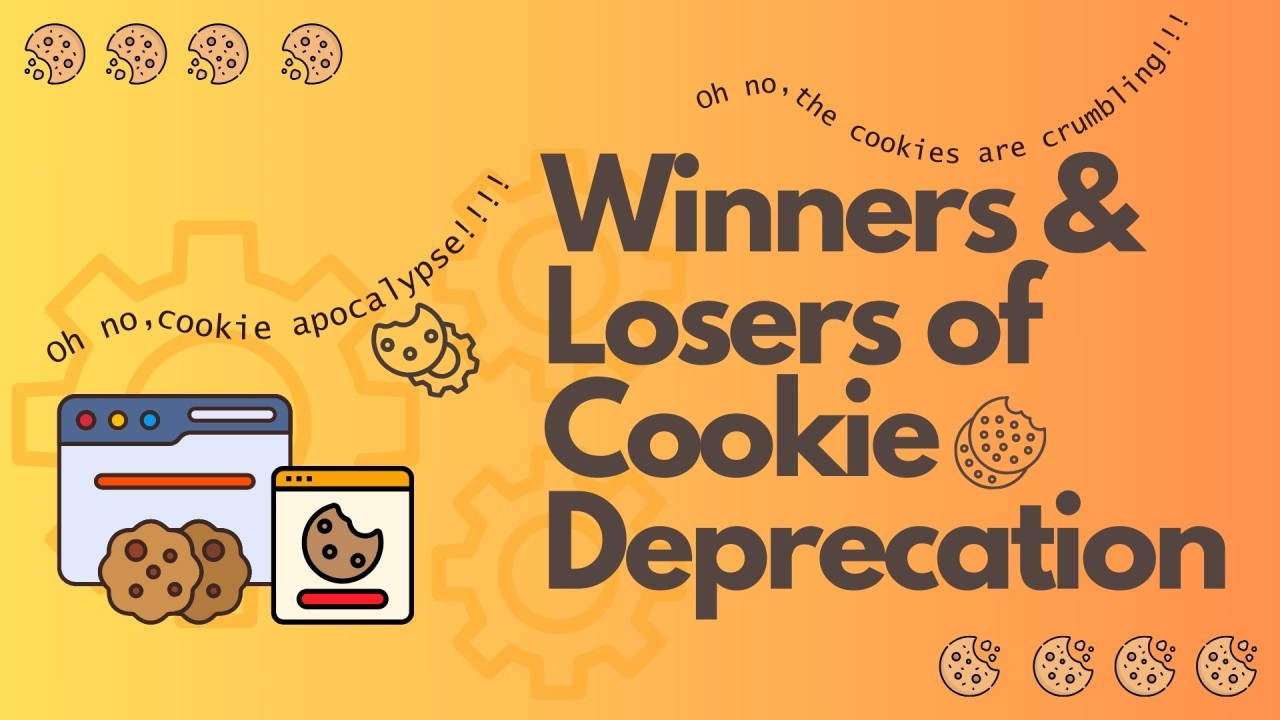
Winners and Losers of Cookie Deprecation
Honeycomb Creative Support Pvt Ltd.
Your ultimate destination for Marketing Communication Solutions and Services.
Countless hearts have been broken since news arrived that third party cookies would be phased out of the Internet in 2024. Okay, that’s an exaggeration. But it’s true that marketing professionals are having sleepless nights because of the gradual fading of their digital besties. After all, cookies help them track user’s behaviour while interacting with online assets. This, in turn, helps them target customers precisely with tailored content.
Cookie deprecation involves the removal of specific cookie types. This also covers the intentional reduction or elimination of support for certain cookies by web browsers or online platforms. The stated intent is to enhance user privacy and control over personal data. So, the effects of this may not only be seeing marketing departments cry in frustration. Positive outcomes are also predicted. Like in any scenario where such binaries are involved, there are winners and losers in this phenomenon too.
?For the winners, we have -
Privacy Advocates: Cookie deprecation is a win for privacy advocates and individuals concerned about online privacy. By reducing the reliance on cookies, there's less tracking of users' online activities, leading to greater privacy protection. So, while browsing, there will soon be no need to keep looking over your shoulder anymore. Not literally, of course. What we mean is… well, never mind. You get the idea.?
User Experience: Websites that prioritise user experience over aggressive tracking benefit from cookie deprecation. Instead of bombarding users with targeted ads based on their browsing history, these websites focus on delivering relevant content and improving navigation. So, web and UX designers, give full reign to your creative impulses, whether you have a ponytail or not.?
?First-Party Data: Companies with strong first-party data collection methods thrive in a cookie-deprecated environment. First-party data, collected directly from users through interactions with a website or app, becomes more valuable as third-party cookies diminish in importance. First rhymes with Best for one more reason now!?
Contextual Advertising: With the decline of third-party cookies, contextual advertising gains traction. Rather than relying on user data for ad targeting, contextual advertising analyses the content of the webpage to deliver relevant ads, respecting user privacy while still serving effective advertisements. So, look out for (more) ads from whole-grain vendors while reading an article on dieting.?
领英推荐
Now, coming to those at the losing end. Some significant losers are:
Ad Tech Companies: Ad tech companies heavily reliant on third-party cookies face challenges due to cookie deprecation. These companies may struggle to track users across the web and deliver targeted ads, impacting their revenue streams and business models. With morbid wit, some of them call this ‘The Cookie Apocalypse.’?
Digital Marketers: Digital marketers accustomed to precise targeting and tracking capabilities provided by third-party cookies may find it challenging to adjust to new privacy-centric practices. They need to explore alternative strategies for reaching and engaging their target audiences effectively. This might be a challenge but also opens interesting possibilities in how brands interact with consumers. Stay tuned for that.
Cross-Site Tracking: Cookie deprecation limits cross-site tracking capabilities, making it difficult for advertisers to attribute conversions accurately across multiple touchpoints. This loss of tracking granularity may lead to inefficiencies in marketing campaigns and measurement practices. Marketers would need to get creative to get around this problem as well. But we’ve faith in you, marketers! After all, you managed to convince the whole nation online transactions are safe before it became the norm. If you can do that, you can do anything.?
Small Publishers: Small publishers reliant on third-party cookies for monetization may experience revenue declines as advertisers shift their budgets away from cookie-dependent platforms. Without alternative revenue streams or robust first-party data strategies, these publishers face financial challenges. No easy solutions here. But it’s super-important to support these small publishers. Or else, the internet would be like a kingdom ruled by a handful of billionaires and we are all tenants there.?
To say cookie deprecation marks a shift in digital advertising is an understatement, on par with saying it’s a little dusty in the desert. What we don’t know yet is how this shift will reshape advertising. That will depend on how well the various stakeholders adapt to these changes, making privacy central to all audience-engagement projects. If they do so, they can all come out of this as winners.